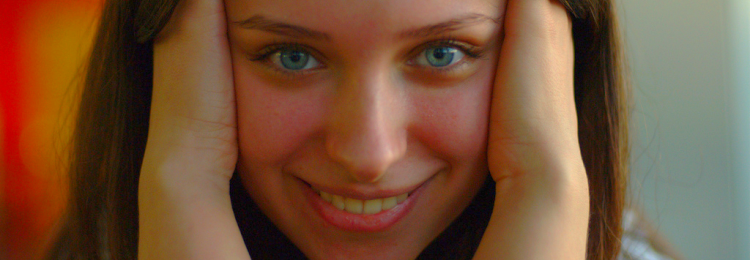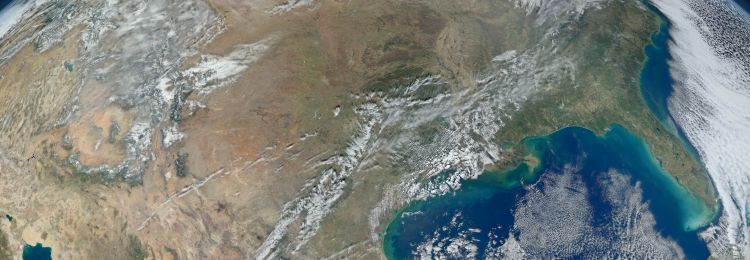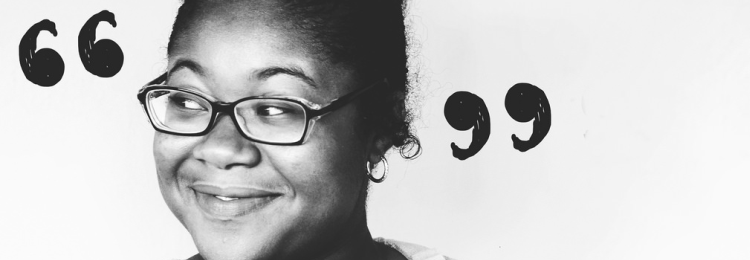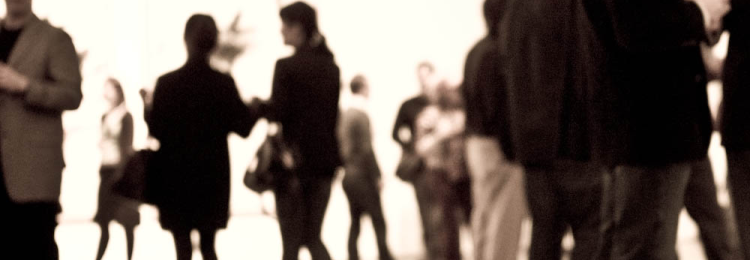


7 Quotes on Well-Being and Happiness to Inspire Positivity, Altruism and Kindness in Social Interactions
The quotes in this post are all by Martin Seligman, from the lecture “Ideas at the House: Martin Seligman – Well-Being and Happiness,” which can be viewed at the bottom of this post. 1) Traditional Psychotherapy Doesn’t Deal with Achieving Happiness, but with Reducing Suffering Freud and Schopenhauer told us the best we could ever do in life was not to be miserable; that the object of human progress, the object of psychotherapy was to reduce suffering to zero. I’m going to argue today that that’s empirically false, it’s morally insidious, and it’s politically a dead end; that there’s much more to life than zero. 2) 30 Years Ago There Was No Way to Measure Happiness. Today There Is 30 years ago, the word “happiness” was a tremendously vague word. It meant very many different things to different people, and it could not be measured. But now, we have good measures of the elements of well-being. 3) There Is Higher Chance of Making Less Happy People Happier, then Already Happy People Even Happier Technically, we call these states “positive affectivity” and they are bell shaped. That means, right now, 50% of the people in the world are not cheerful and merry. They are not smiling. It is highly genetic. It is about 50% heritable and most importantly, the best we can to with smiling, being merry, being cheerful, is to raise it by about 5-15%. In fact, I spent most of my life working on misery and people would ask me: why didn’t I work on happiness? The reason I didn’t, there was a very influential...
10 Quotes by Rodrigue Tremblay on How to Create a Better Global Civilization
Global Problems Call The Need For A Worldwide Human Family With the current globalization of our problems, we need to extend our circle of empathy and view humanity as a worldwide extended human family. As long as we refrain from facing that challenge, divisiveness and unsolvable conflicts will persist. –Rodrigue Tremblay, in “Rodrigue Tremblay C.V. on The Code for Global Ethics” The Need To Establish A Higher Threshold Of Human Morality [In a more universal civilization], first and foremost, the scope of human empathy would be more universal and more comprehensive, and would not merely apply to some chosen people, to members of a particular religion or to persons belonging to a particular civilization. In practice, this would require that we establish a higher threshold of human morality, beyond the traditional norm of the Golden Rule (“Treat others as you would have others treat you.”) It would require that we adopt what I call a Super Golden Rule of humanist morality that incorporates the humanist rule of empathy: “Not only do to others as you would have them do to you, but also, do to others what you would wish to be done to you, if you were in their place.” — Of course, the corollary also follows: “Don’t do to others what you would not like to be done to you, if you were in their place.” –Rodrigue Tremblay, in “For a Better Global Civilization” Empathy, Tolerance & Sharing Three interrelated moral imperatives that have always been sound moral values, but which I feel will become increasingly required for humanity to go forward and survive. And...
31 Quotes by Scientists and Thinkers on Humanity’s Interdependence and Today’s Challenges
We are, first of all, not solitary creatures and second of all, we are deeply embedded in the lives of others. It’s very easy to forget that and to engage in an atomistic fallacy — where we think that all we have to do is study the individual components of a system in order to understand the system. That’s clearly not the case when it comes to social systems. –Nicholas Christakis, in “Q&A with Nicholas Christakis: Our modern, connected lives” If a few nations step forward and begin changing the narrative of ‘us and them’ to ‘everyone,’ we will see a new dawn. If a few nations begin actually making operational a verification system we can all depend upon and push to bring all into such a system, we will all benefit. –Jonathan Granoff, in “A Good Framework for a Good Future” A social network is a kind of human superorganism, with an anatomy and a physiology — a structure and a function — of its own. Our local contributions to the human social network have global consequences that touch the lives of thousands every day and help us to achieve much more than the building of towers and the destruction of walls. –James Fowler, in “Social Network Guru” Many problems that challenge us today can be traced back to a profound tension between what is good and desirable for society as a whole and what is good and desirable for an individual. That conflict can be found in global problems such as climate change, pollution, resource depletion, poverty, hunger, and overpopulation. –Martin Nowak, in “SuperCooperators: Altruism, Evolution, and...
